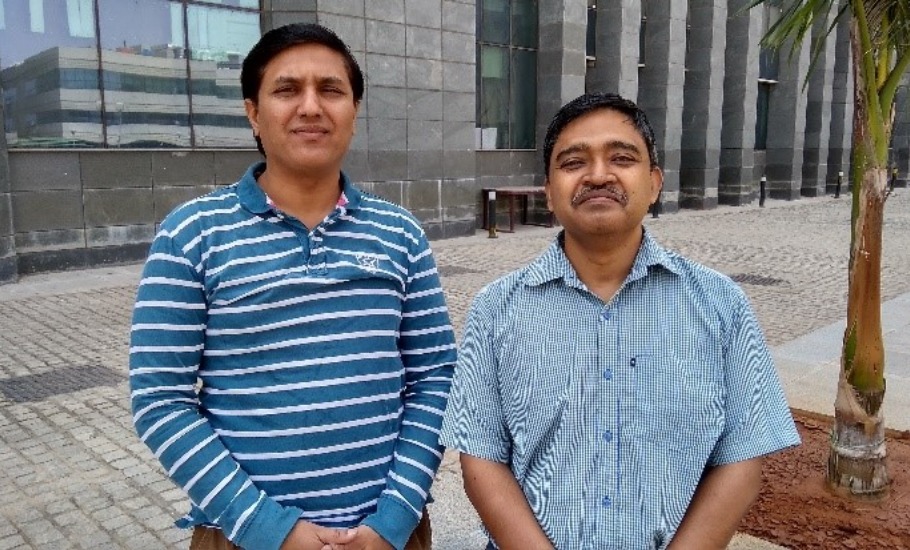
IIT Hyderabad researchers use AI to study supply chain network of biofuels
Researchers at the Indian Institute of Technology Hyderabad (IITH) have started using computational methods to understand the factors and impediments in incorporating biofuels into the fuel sector in India, in a bid to reduce carbon emissions from the use of fossil fuels.

With bio-derived fuels gaining the attention of the global scientific community, researchers at the Indian Institute of Technology Hyderabad (IITH) have started using computational methods to understand the factors and impediments in incorporating biofuels into the fuel sector in India, in a bid to reduce carbon emissions from the use of fossil fuels.
A unique feature of this work is that the framework considers revenue generation not only as an outcome of sales of the biofuel, but also in terms of carbon credits via greenhouse gas emission savings throughout the project life cycle.
The model has shown that if bioethanol is integrated with mainstream fuel, costs associated with it stands at: production cost 43%, import 25%, transport 17%, infrastructure 15%, and inventory 0.43%. The model has also shown that the feed availability to the tune of at least 40% of the capacity is needed to meet the projected demands.
“In India, biofuels generated from non-food sources is the most promising source of carbon-neutral renewable energy. These second-generation sources include agricultural waste products such as straw, hay and wood, among others, that do not intrude upon food sources,” said Dr Kishalay Mitra, lead researcher, Department of Chemical Engineering, IITH.
The team of researchers has considered multiple technologies available for the generation of bioenergy across several zones in the country and performed a thorough feasibility study, using data of suppliers, transport, storage and production, among others, published by the central government.
Related news: Artificial Intelligence isn’t unbiased because humans are biased
“We use machine learning techniques to understand the supply chain network. Machine learning is a branch of artificial intelligence in which the computer learns patterns from available data and updates automatically to produce an understanding of the system and predictions for the future,” elaborated Kapil Gumte, research scholar, IITH.
“The techno-economic-environmental analysis on countrywide multi-layered supply chain network and the use of machine learning techniques have helped us capture the uncertainty in forecasting demands and other supply chain parameters and their effects on the operational and design decisions in the long run,” added Dr Mitra.
The results of this work have been published in the Journal of Cleaner Production.
(Jyoti Singh is a social media manager with India Science Wire)


